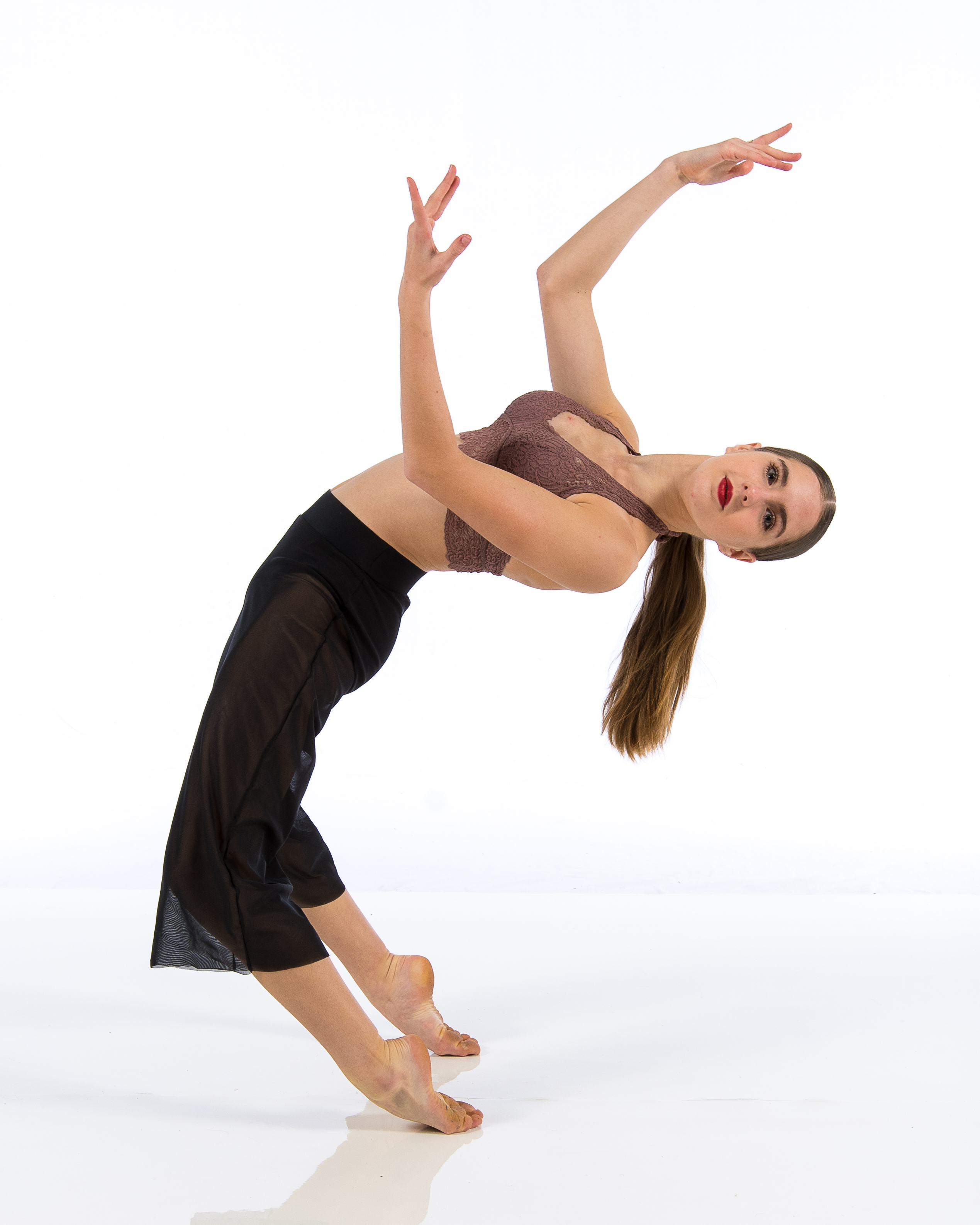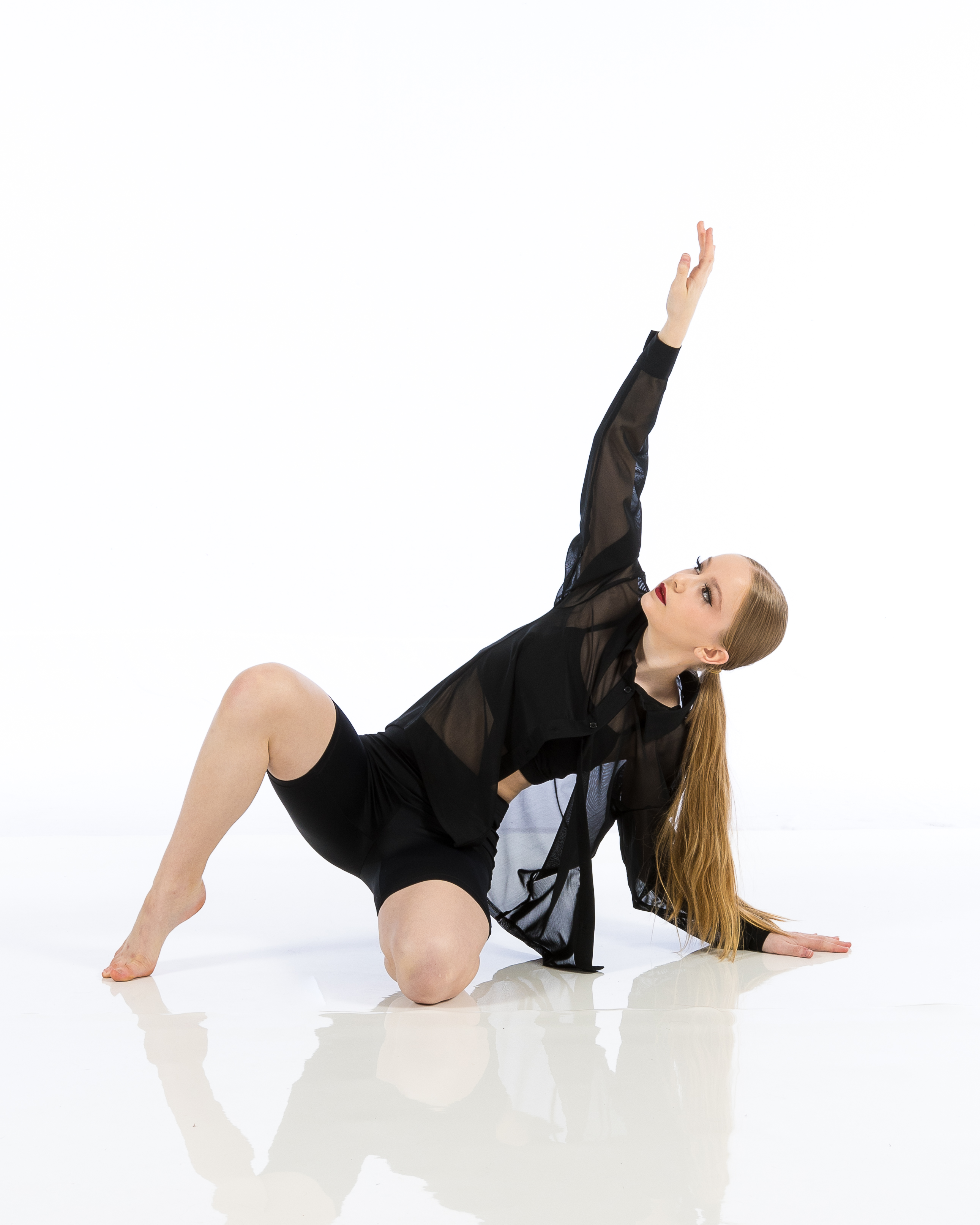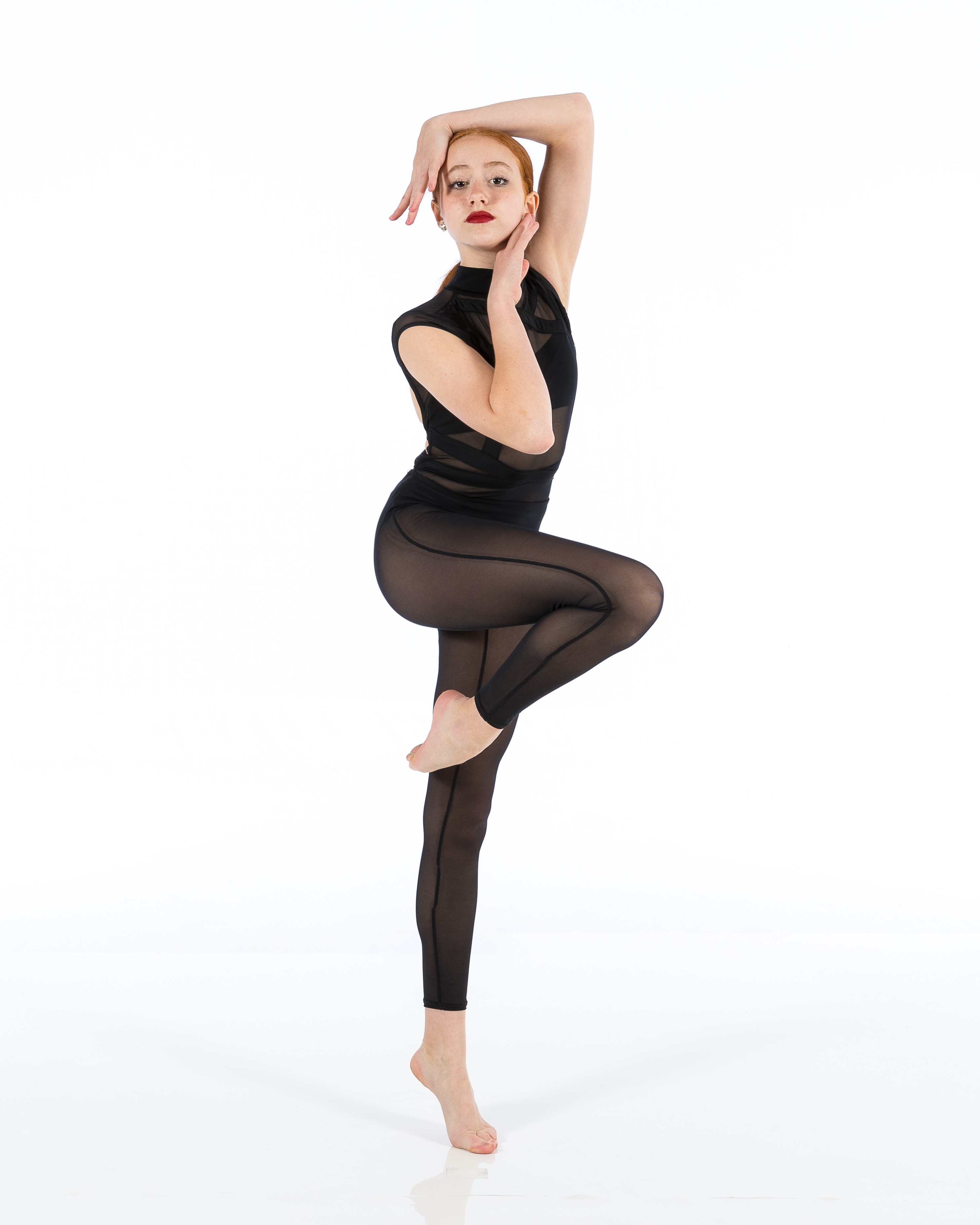Introduction
Performance anxiety is a common experience for many individuals, especially those in the performing arts. Whether you're preparing for a dance showcase, delivering a speech, or presenting in front of an audience, the pressure to perform can be overwhelming. This article will delve into strategies and tips for engaging with your audience effectively while alleviating performance pressure. By incorporating these techniques, you can create an enjoyable experience not just for your audience but for yourself as well.

Engaging with The Audience – Tips To Alleviate Performance Pressure!
Engaging effectively with your audience is crucial in any performance setting. It helps build a connection that makes both the performer and the audience feel more at ease. Here are some essential tips on how to engage your audience while mitigating the stress that often accompanies live performances.
Understanding Performance Pressure
What is Performance Pressure?
Performance pressure refers to the anxiety or stress one feels when they must perform in front of others. It's an emotional reaction that can stem from various sources, including fear of judgment, expectations of perfection, and past experiences.
Why Does It Happen?
Performance pressure can occur due to several reasons:
- High Expectations: When you set lofty goals for yourself or feel pressured by external expectations. Fear of Failure: The dread of not meeting your own or others' standards can cause significant anxiety. Previous Experiences: Past negative experiences during performances can haunt you and influence your current mindset.
Identifying Your Audience
Who Is Your Audience?
Knowing who you're performing for is foundational in creating an engaging experience. Are they children? Adults? Professionals? Understanding their demographics will guide how you connect with them.
Tailoring Your Content
Once you know your audience, tailor your content accordingly. For instance:
- Use age-appropriate language and themes. Choose dance styles that resonate with their preferences. Incorporate relatable anecdotes or references.
Building Confidence Before Your Performance
Preparation Is Key
Preparation breeds confidence. Here’s how to prepare effectively:

- Practice Regularly: The more you practice, the more comfortable you'll become with your material. Rehearse in Front of Friends: Getting used to an audience environment helps desensitize performance anxiety.
Visualization Techniques
Visualization can significantly reduce performance pressure:
Close your eyes and imagine yourself performing flawlessly. Picture a supportive audience engaged and enjoying your performance.Creating a Connection with Your Audience
Establishing Eye Contact
Making eye contact establishes trust and engagement. It breaks down barriers between you and the audience, making them feel involved rather than mere spectators.
Using Body Language Effectively
Your body language speaks volumes even before you say a word:
- Stand tall—confidence is contagious! Use open gestures to invite engagement.
Engaging Through Storytelling
Storytelling captivates audiences by making performances relatable:
Share personal stories connected to your dance piece. Create narratives around different dance styles or historical contexts.Incorporating Interactive Elements
Q&A Sessions
After a dance showcase, consider hosting a Q&A session where audience members can ask questions about your performance or techniques used.
On-stage Participation
Invite willing participants from the audience to join you on stage for simple dance moves or activities.
Managing Anxiety During Performances
Breathing Techniques
Dance Showcase in Forrest GroveDeep breathing exercises can help calm nerves:
Inhale deeply through your nose for four counts. Hold for four counts before exhaling slowly through your mouth.Focus on Enjoyment
Shift your focus from worrying about perfection to enjoying the moment. Remind yourself why you love performing in the first place!
Utilizing Positive Self-Talk
Replace negative thoughts with positive affirmations:
- "I am prepared." "I am capable of captivating my audience."
Getting Feedback Post-Performance
Constructive feedback helps improve future performances:
Ask trusted friends or mentors for their honest opinions. Reflect on what went well and what could be improved without being too hard on yourself.Developing Resilience Over Time
Performance skills improve with experience:
- Embrace every opportunity as a learning moment. Document each performance's highs and lows in a journal for reflection.
FAQs
1. How can I reduce anxiety before my dance showcase?
To reduce anxiety, practice regularly, visualize success, engage in deep breathing exercises, and focus on enjoying the moment instead of worrying about perfection.
2. What should I do if I forget my routine during a performance?
If you forget parts of your routine, take a deep breath, improvise if possible, or transition into another part you're comfortable with until you regain composure.
3. How important is it to know my audience?
Knowing your audience helps tailor content that resonates with them emotionally, making it easier to engage them during your performance.
4. Are there specific techniques I can use during performances?
Yes! Techniques such as effective eye contact, confident body language, storytelling elements, and interactive segments can enhance engagement significantly.

5. Can I overcome performance pressure entirely?
While it may not be possible to eliminate performance pressure completely, these strategies will help manage it effectively over time.
6. What role does preparation play in alleviating performance pressure?
Preparation builds confidence; knowing you've practiced thoroughly allows you to focus on enjoying the moment rather than worrying about mistakes.
Conclusion
Engaging effectively with an audience while alleviating performance pressure requires skillful preparation and mental strategies that foster connection and enjoyment during performances like a dance showcase. By implementing these tips—identifying your audience's needs, building confidence through preparation and visualization techniques, managing anxiety through breathing exercises and positive self-talk—you'll find yourself more at ease when performing live in front of an eager crowd!
Over time, as you continue honing these skills through experience—embracing feedback while focusing on resilience—you'll transform what was once perceived as daunting into something exhilarating! So take a deep breath: it’s time to show up confidently on stage!